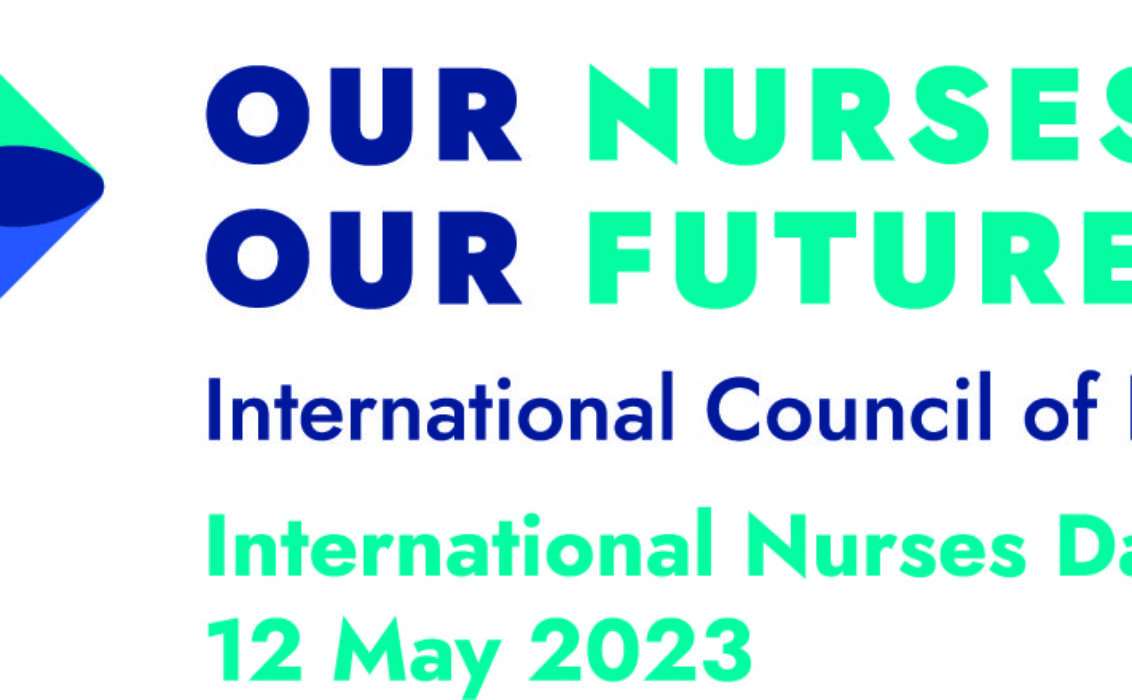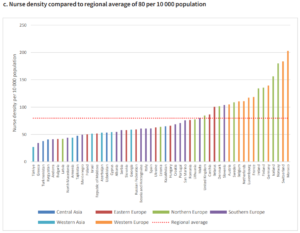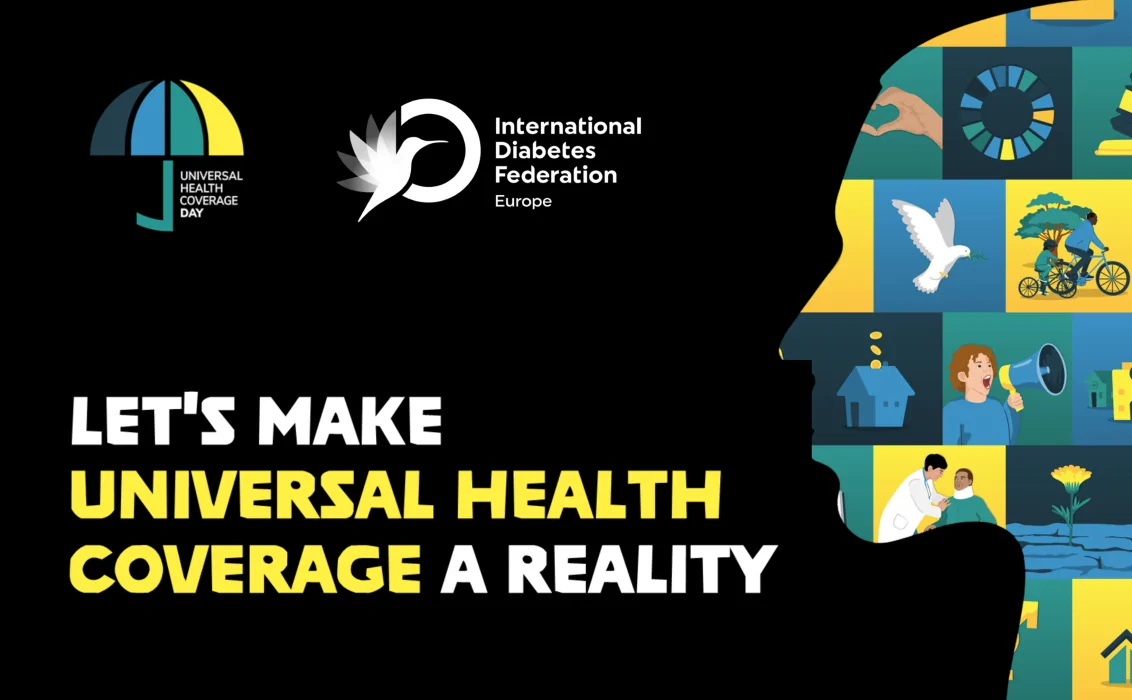International Nurses Day is a worldwide celebration that takes place on the same day as Florence Nightingale’s birthday. Florence Nightingale is known for introducing modern nursing practices. The purpose of this day is to acknowledge the valuable contributions that nurses make to society. This year’s theme, ‘Our Nurses. Our Future’, reminds us of their vital role as well as of the need to advocate to develop and expand their role in the future, specifically in relation to diabetes management and prevention.
As is well documented, notably in the Members Mobilising for Diabetes’ Blueprint for Action on Diabetes in the European Union by 2030 [i], diabetes is a complex condition that requires a multidisciplinary team of healthcare professionals to manage it effectively, including diabetes specialist nurses (DSNs), dieticians, exercise physiologists, psychologists and endocrinologists. DSNs often take on a prevention role; are tasked with educating people living with diabetes (PwD) on self-management techniques, such as blood glucose monitoring, medication management and lifestyle changes, and generally supporting them in their journey. Despite the crucial role they can play, all too often DSNs is not a recognised specialty or their role remains limited.
As shown in the country profiles [ii] compiled by IDF Europe as part of its Centenary of Insulin campaign, nurses often do not receive specialised academic training in diabetes care and, in most countries, are not allowed to prescribe medications. This can limit their ability to provide the best possible care to PwD and can prevent them from fully utilising their skills and expertise.
The role, the availability and the workload of DSNs is also inevitably affected by the current healthcare workforce shortage, a global phenomenon which also affects many European countries. Nurse shortage entails not having a sufficiently high nurse/patient ratio at the EU level. Based on the latest data available for 2022, the Region has on average 80 nurses per 10 000 people as shown on the graphic below [iii].
Tackling the shortage of DSNs by stimulating investment in nursing education and infrastructure would not only benefit the health outcomes of PwD, but it would also help shore up the resilience of health systems through improved effectiveness in the prevention and management of diabetes.
On this International Nurses Day, IDF Europe wishes to highlight the vital role that nurses play in diabetes care; commits to supporting them in their work; and calls on national governments and the EU to tackle the nurses’ workforce crisis and to strengthen primary care systems by ensuring that DSNs can play a role in the prevention and management of diabetes.




